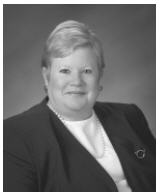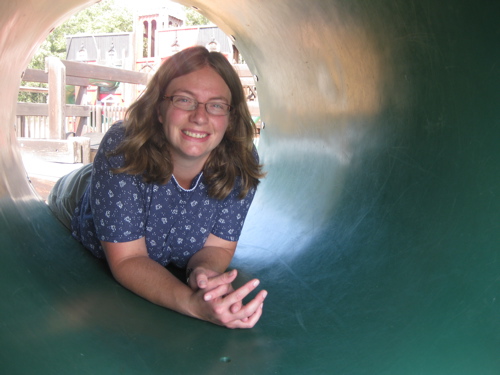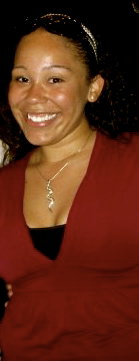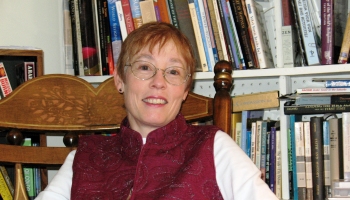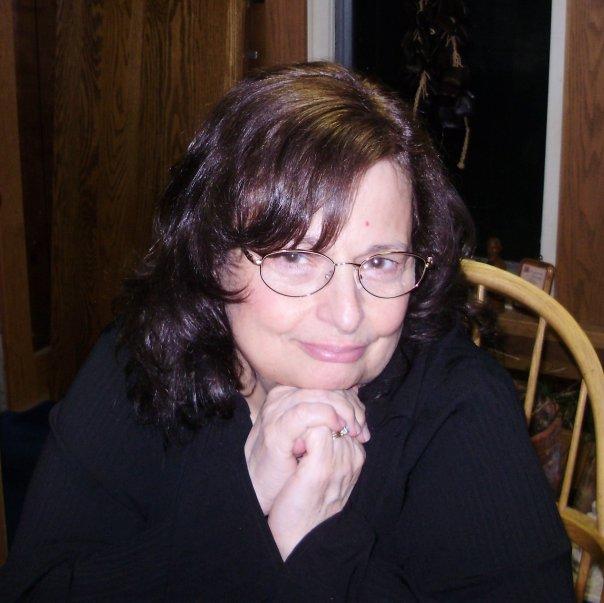Updated February 17, 2011.
The online “form” follows this information about Embodying Our Words. Just copy the form onto email and send the completed version to herstories.project @ gmail.com . See here for the program schedule.
Inclusive Program
EOW is open to all genders. While the HerStories Project is committed to celebrate stories about women, its programs welcome everyone to participate. And Embodying Our Words builds upon this commitment by celebrating gender expression.
Flexible Participation
Participants are welcome to join the program in part or whole. While the registration form doesn’t itemize every event, it provides us overall information for preparations.
About Registration
The program is open to walk-ins, as long as space accommodates at each event. For the most part, sessions are set in spacious settings for greater flexibility. An exception is Saturday’s workshop,which only offers 10 spots. Also, advanced notice about participants helps preparation of materials and food service. Thanks for your assistance to make the program run smoothly!
Accessibility
All locations are accessible. In the case of the Women’s Center, this entrance and a ramp are available at the rear of the building. If accessibility is a concern, please contact event venues and/or organizers at herstories.project@gmail.com .
Fragrances
In an effort to create a healthy environment for all potential participants, we encourage people to consider not using fragrances – natural or chemical – during the program. Items include essential oils, perfumes, colognes, and cleaning products with fragrances. Individuals with respiratory conditions and fragrance sensitivities are made ill by their use.
Parking and Transportation
All events are scheduled along a main bus route, the #1 line that connects program venues at MSU and Lansing’s Eastside. For Feb. 19, free parking is available behind the Women’s Center of Greater Lansing, as well as on Michigan Avenue and nearby side streets.
Metered parking is available but in limited access for Feb. 18 locations on the MSU campus: the Residential College in the Arts and Humanities at Snyder and Phillips Halls; and the Student Services Building, just west of Mason Hall. Here is an interactive map of campus to find these locations.
Additional parking options for Feb. 18 near campus include
– a surface lot operated by the City of East Lansing on Bailey Street within one block of Grand River Avenue (Parking Lot 11, listed on Albert Street);
– a parking garage across from this lot;
– carpooling at Frandor Shopping Center — free parking just west of campus, or taking the #1 bus from the Center to campus.
**If you are interested to car pool, please indicate this on your registration form.
Accommodations
If you are traveling to EOW from out of town and are looking for free lodging, we may be able to find you a bed. Some hospitable supporters are opening their homes. We will do our best to find you a spot, but cannot guarantee a space. Please indicate your interest on the registration form.
Also many hotels are available in the Lansing area. Organizer Dawn Comer recommends the Red Roof Inn at 3615 Dunckel Road, Lansing. Reservations can be made by phone at 517-332-2575 or online.
~~~~~~~~~~~~~~~~~~~~~~~~~~~~~~~~~~~~~~~~~~~~~~~~~~~~~~~~
REGISTRATION
Complete this form and send it to herstories.project @ gmail.com.
Name: _________________________________
Please check items that apply for parking and/or accommodations:
__ I would like to car pool for parking near MSU campus on Fri., Feb. 18.
__ I am coming from out of town and would like to stay with a local resident, if possible.
__ I am willing to share a room with another participant.
Please check which applies for program participation:
__ Both days (whether in part each day or for the whole program): Friday and Saturday, February 18 – 19
OR 1 of the following…
__ Friday, February 18 (whether in part or entirely) – MSU campus, East Lansing
__ Saturday, February 19 (whether in part or entirely) – WCGL, Lansing
If coming Saturday, February 19, please check if this applies:
__10:00 a.m. Workshop “Spirit and Hand of the Same Body: A Communal Palm Reading Workshop” **Limited to 10. A waiting list will be created in the case of cancellations.
